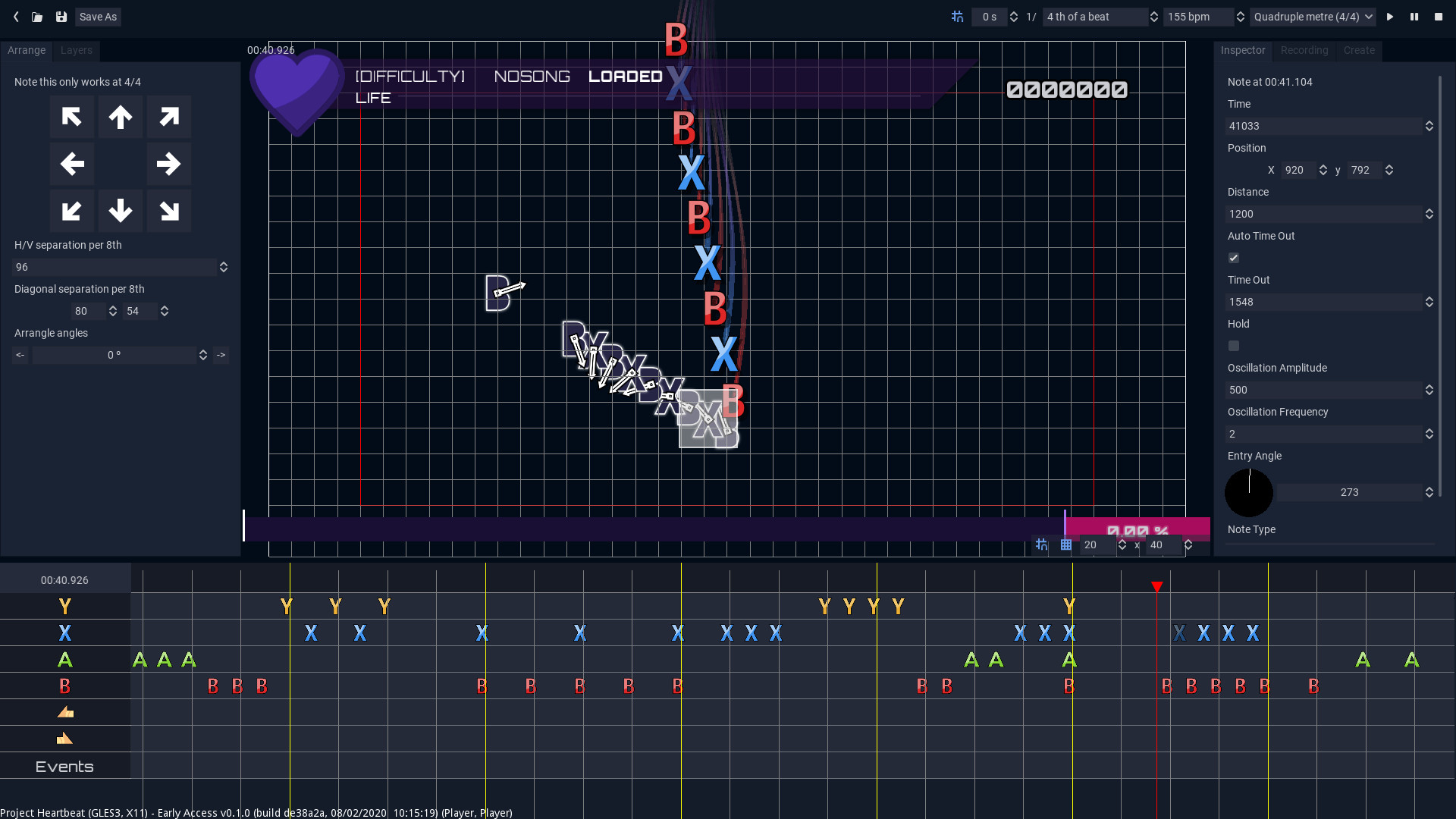
There’s a whole population of potential donors who have very similar neurologic injuries - they’re just not technically declared brain dead - whose organs the family would like to donate. For decades now, we’ve been doing heart transplants from donors who die or have been declared brain dead. DeVore, MD, MHS: In the field of heart transplant, DCD or donation after circulatory death is really a game changer. Piña, MD, MPH and explains how this works and why he is excited: DeVore, MD, MHS is interviewed by Ileana L. However, with heart transplantation, the heart will be restarted as explained in a MaMedscape article “A ‘Game Changer’ for Heart Transplant: Donation After Circulatory Death Explained”. “Circulatory death occurs when the heart has irreversibly stopped beating and when circulation and oxygenation to the tissues irreversibly stops.” (Emphasis added) Now, the term “Donation after Circulatory Death” (DCD) is used instead and means: In these patients, the ventilator is withdrawn and organs are quickly taken when cardiac death (DCD) rather than brain death is pronounced.” ” and “doctors and ethicists have turned to a new source of organs - patients who are not brain dead but who are on ventilators and considered “hopeless”.

“It is now apparent that the number of organs from people declared brain dead will never be enough to treat all patients who need new organs.

At that time, brain death organ donation was well-known, but NHBD was virtually unknown to the public although it comprised about 2% of organ donations at that time. In 2002, I wrote a paper titled “Ethical Implications of Non-Heart-Beating Organ Donation” (NHBD) and presented it at Trinity College at a medical ethics conference.


 0 kommentar(er)
0 kommentar(er)
